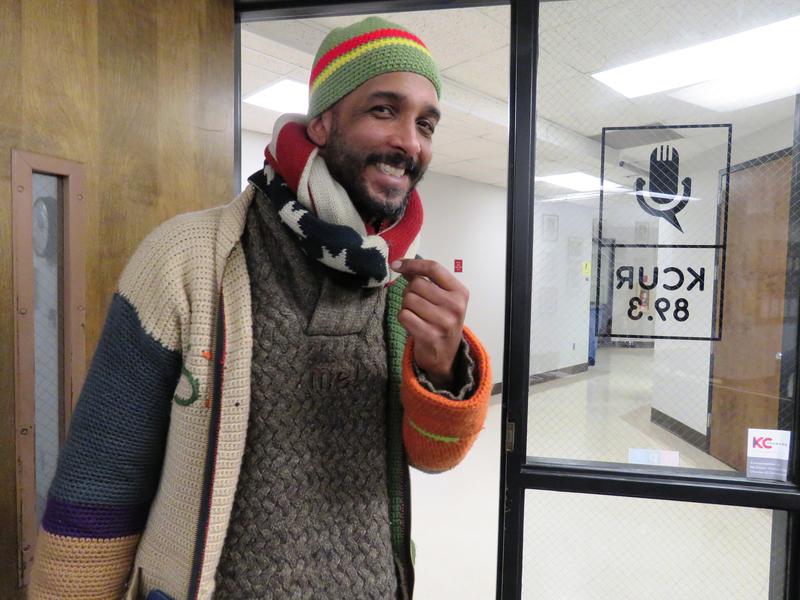Revealed: How Britons welcomed black soldiers during WWII, and fought alongside them against racist GIsPosted in Articles, History, Media Archive, United Kingdom, United States on 2015-12-07 02:12Z by Steven |
The Telegraph
2015-12-06
Patrick Sawer, Senior Reporter
This was no ordinary Saturday night punch-up outside a pub.
At the height of World War Two, with the country gripped in a life or death fight for freedom against fascism and dictatorship, dozens of local drinkers fought alongside black soldiers against white Military Police officers harassing them outside a Lancashire pub.
It was just one extraordinary example of the active support shown by ordinary Britons for the thousands of black American troops stationed amongst them during the war – in stark contrast to the vicious racist abuse they received from their fellow countrymen.
The Lancashire riot was just one of hundreds of cases of simple humanity displayed by ordinary Britons towards black soldiers.
Details of the riot are revealed in a new book exploring the experience of black GIs stationed in Britain during the war.
While white GIs sought to have them banned from pubs, clubs and cinemas and frequently subjected them to physical and verbal assault, many ordinary Britons welcomed the black troops into their homes – and on several occasions physically stood up to their tormentors.
The book, Forgotten: The Untold Story of D-Day’s Black Heroes, at Home and at War, also reveals how in June 1943 there was a public outcry when four black servicemen were refused service in a bar in Bath, for no reason other than the colour of their skin…
…While most people have heard of the GI babies the US troops left behind, few have considered that many of these children were of mixed-race, the offspring of affairs between local white women and the black soldiers they encountered.
Many of those “brown babies” only came to know their fathers in later years, with some of their descendants now embarking on a search for their American grandfathers.
Miss Hervieux said: “Given the racial tensions that exist in Britain today, as in other countries, it is hard to believe that the UK was once a relative racial paradise for African Americans. Britons were willing to open their hearts and minds to fellow human beings who were there to help them…
Read the entire article here.




